As the federal government shutdown continues, its impact is spreading far beyond furloughed workers. It now threatens one of the most essential lifelines for families in need — the Supplemental Nutrition Assistance Program (SNAP).
Volunteers play a tremendous role across all of United Community’s programs and services. We depend on the support of our community to help fulfill our mission.
Your Gift Empowers Your Neighbors. Explore ways you can give Lorem ipsum dolor sit amet, consectetur adipiscing elit.
Lorem ipsum dolor sit amet, consectetur adipiscing elit. Ut elit tellus, luctus nec ullamcorper mattis, pulvinar dapibus leo.
United Community is a top-rated*, nationally-recognized nonprofit in Fairfax County, VA. We are dedicated to building a thriving community where every family has the power, tools, and resources to confidently shape their future and raise the next generation with dignity and opportunity.
For over 50 years, we’ve walked hand-in-hand with our neighbors, friends, and partners, offering end-to-end support that overcomes barriers and leads to lasting transformation.
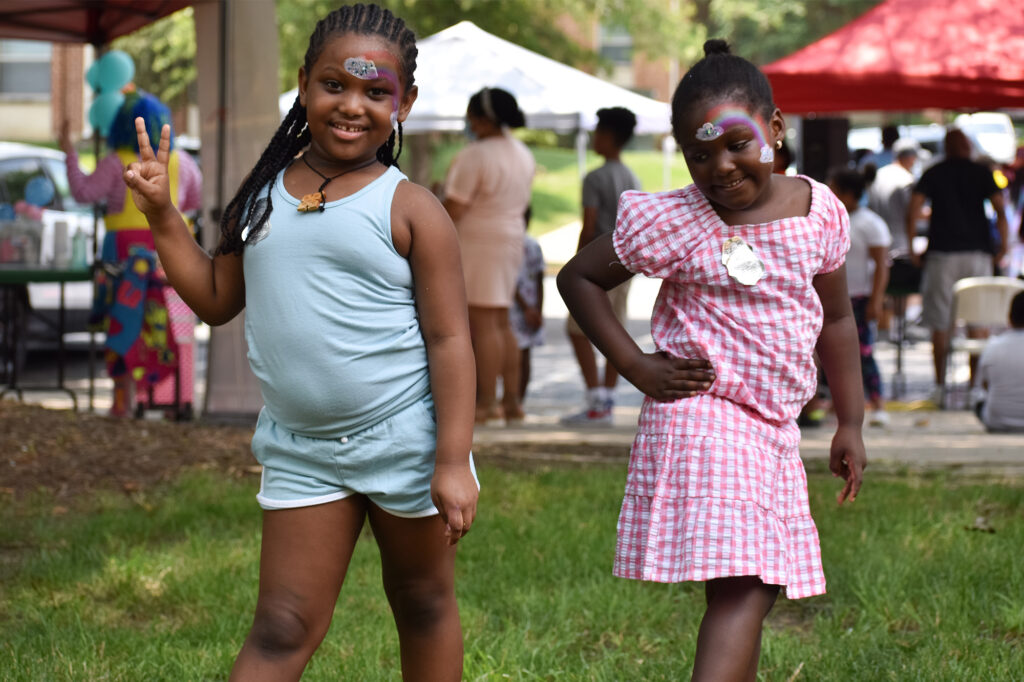
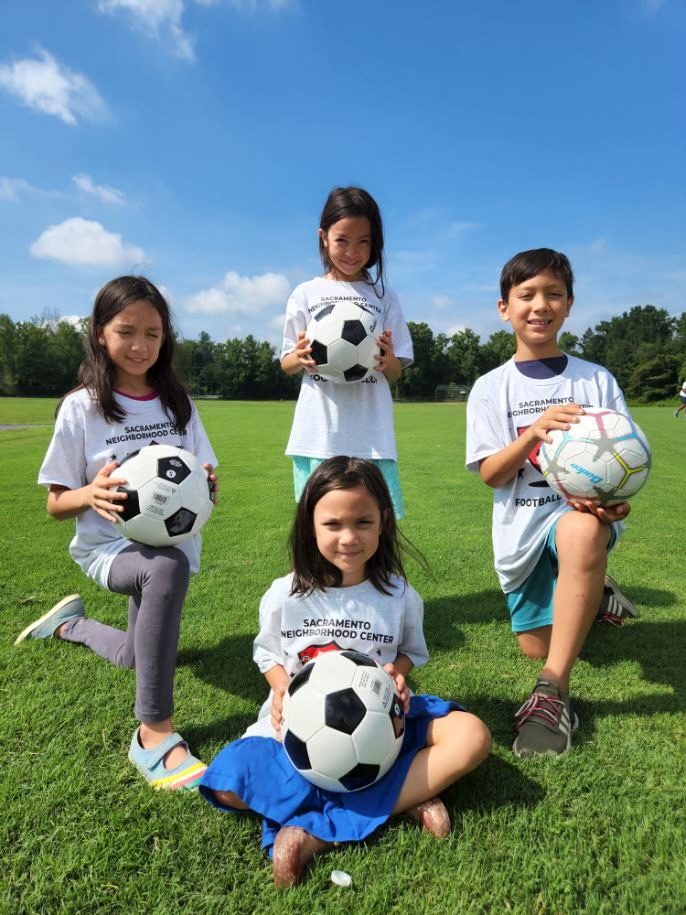
United Community provides several integrated programs that meet immediate needs while building confident pathways to self-sufficiency:
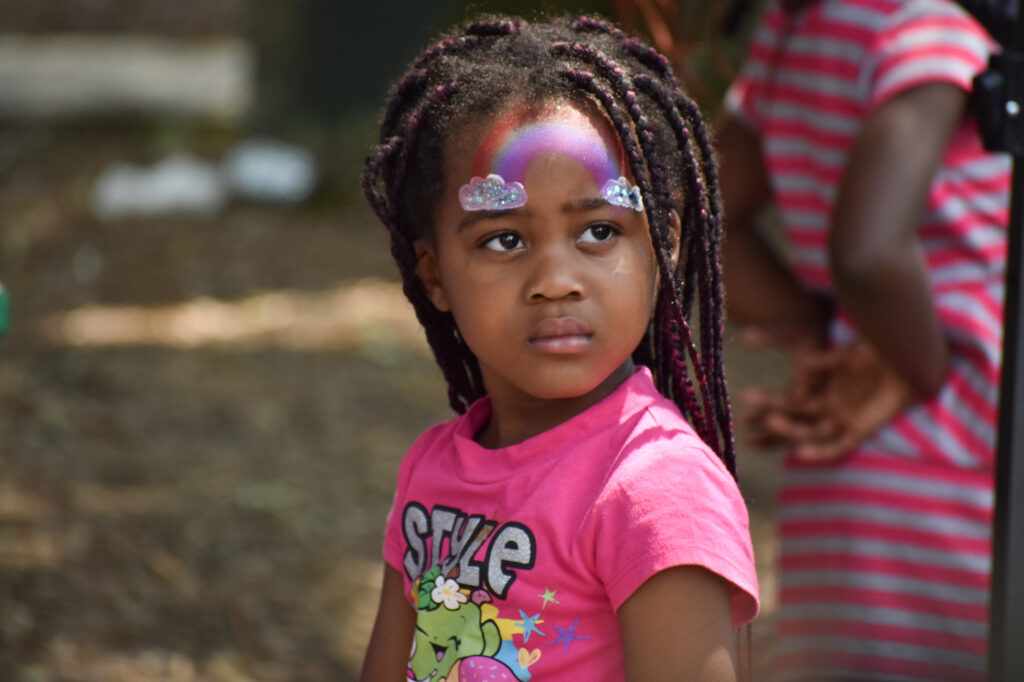
Our Early Learning Center helps prepare children for school and empowering parents as first teachers.
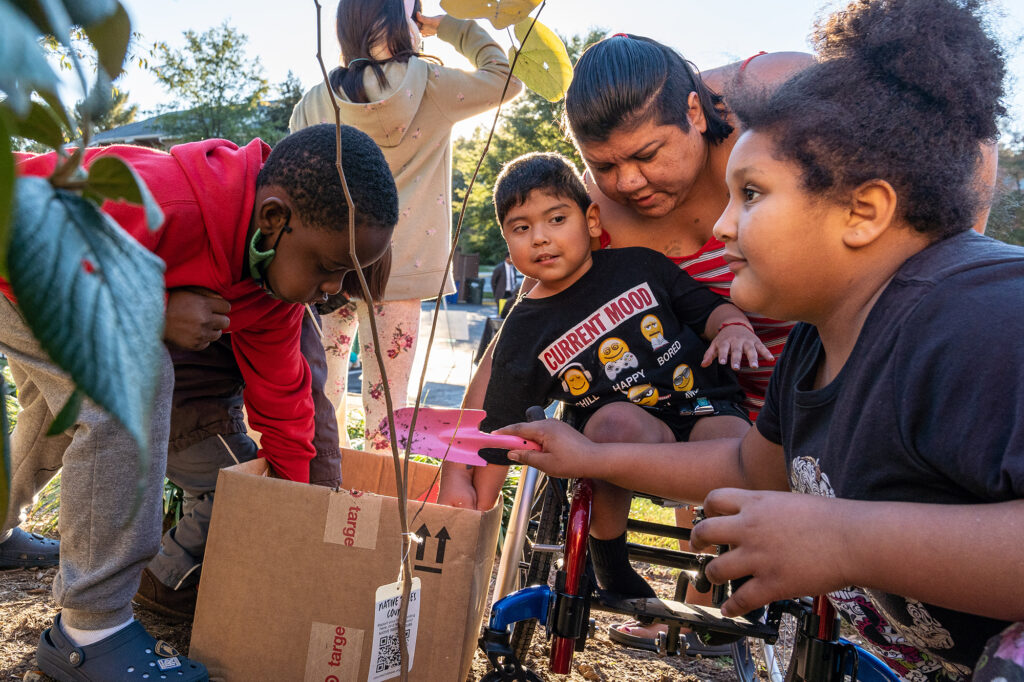
Programs like SPARKS help students succeed in and out of school through mentoring, after-school programs, and tutoring.
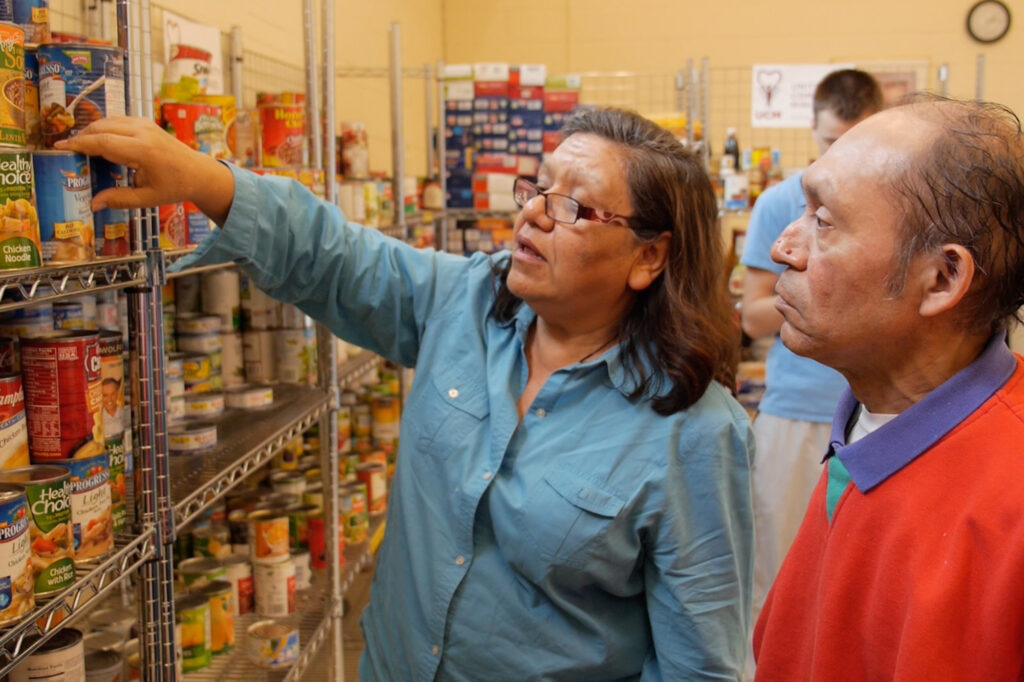
Food banks and Community Schools provide nutritious food, resources, and emergency support to thousands of families each year.
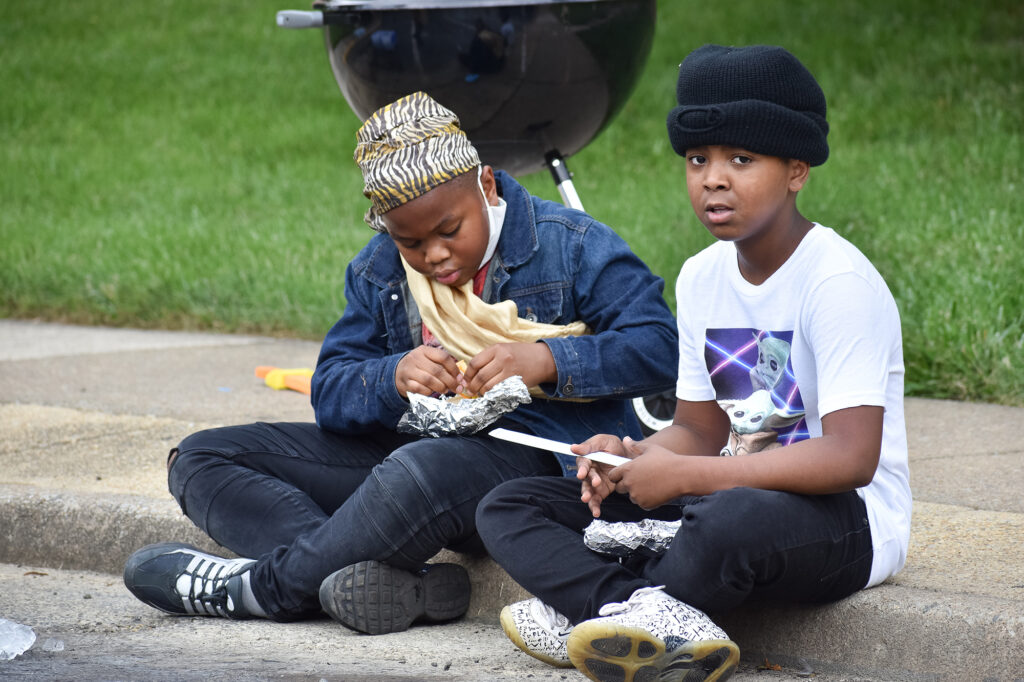
Our Family Achievement Program and Progreso Literacy and Citizenship Center help residents achieve long-lasting stability and independence.
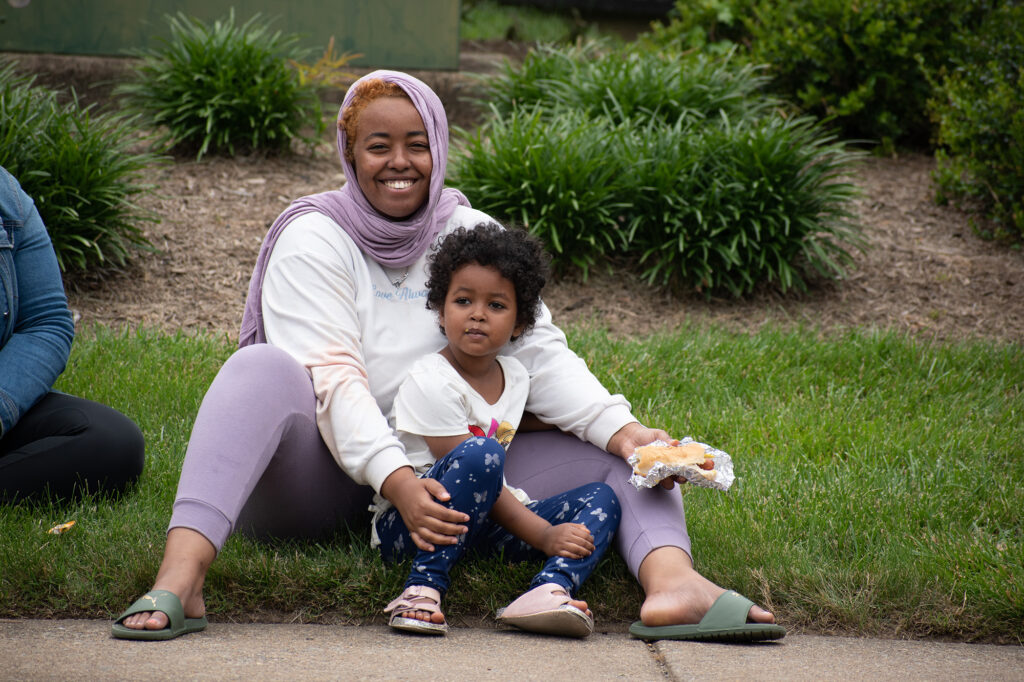
Through programs like Healthy Families Fairfax and the Progreso Literacy and Citizenship Center, we help protect vulnerable neighbors and ensure every family can thrive.
Eighty-six percent of our clients live in two of the communities with the highest rates of poverty in Fairfax County. From young children receiving early intervention to families facing housing or food insecurity, United Community stands with our neighbors at every stage of life.
We partner with those who share our vision of working toward stable communities, empowering growth and long-term self-sufficiency with dignity.
*Data is from 2024
With centers and program sites throughout Fairfax County, United Community ensures that resources are accessible where families need them most.
United Community provides several integrated programs that meet immediate needs while building confident pathways to self-sufficiency:
Lorem ipsum dolor sit amet, consectetur adipiscing elit. Pellentesque vel vulputate enim. Donec sagittis vel felis ut convallis. Mauris egestas tellus lobortis, mollis metus ullamcorper, feugiat magna. Nunc tempor, erat quis ultrices commodo, velit urna vestibulum massa, quis ultrices nunc.
Lucas Hopper Customer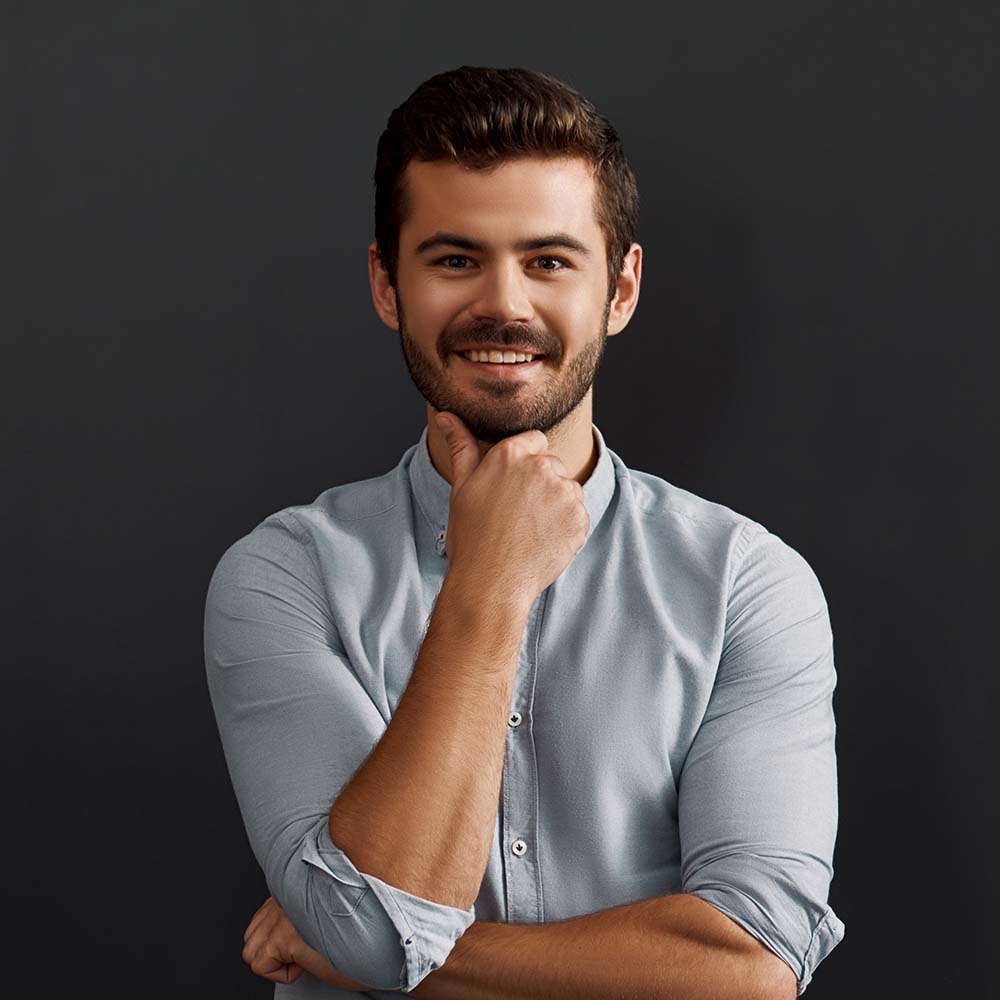
Lorem ipsum dolor sit amet, consectetur adipiscing elit. Pellentesque vel vulputate enim. Donec sagittis vel felis ut convallis. Mauris egestas tellus lobortis, mollis metus ullamcorper, feugiat magna. Nunc tempor, erat quis ultrices commodo, velit urna vestibulum massa, quis ultrices nunc.
Wanda Flash Customer


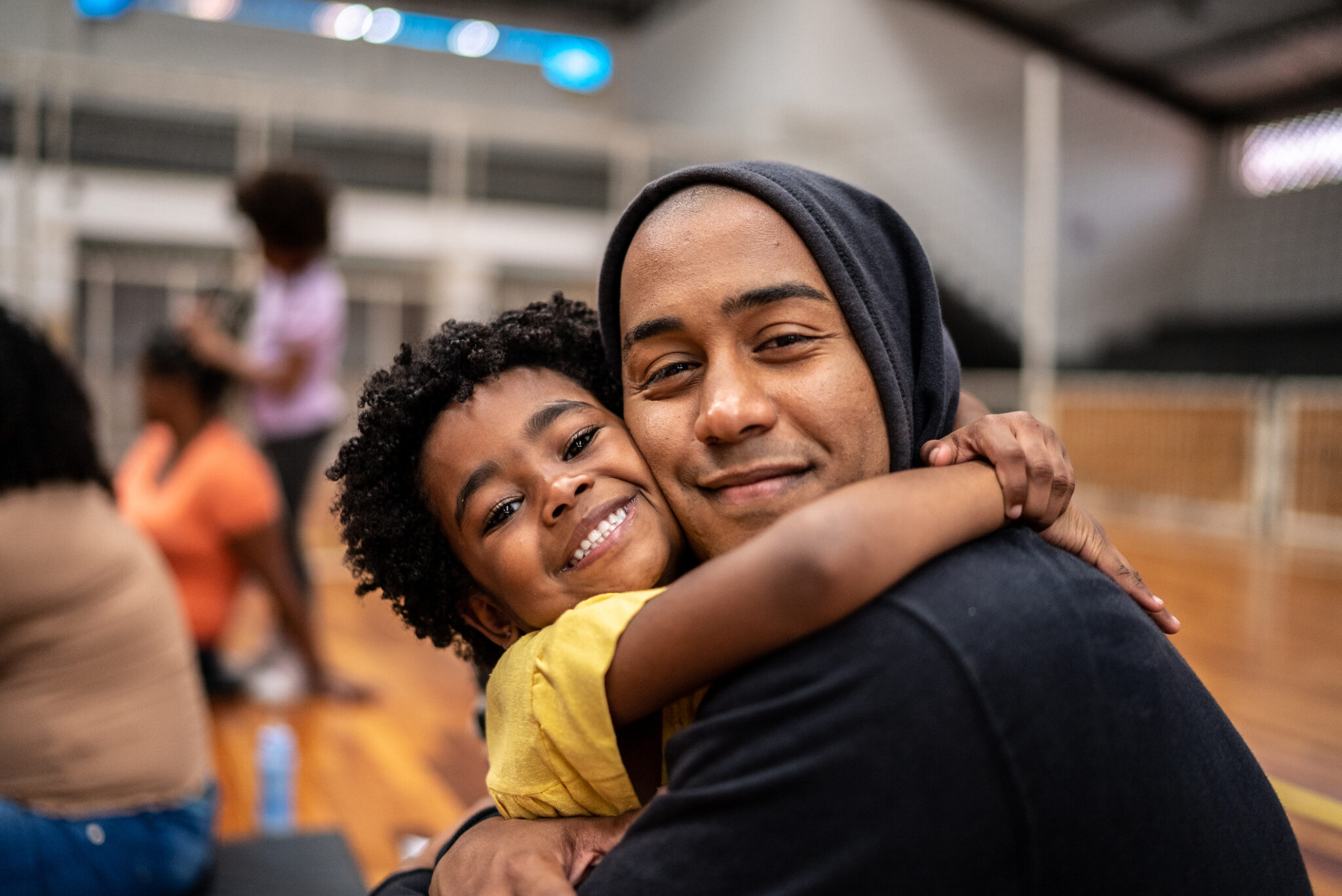


Creating Equity
United Community understands that a structured, collaborative approach among residents, community organizations, government, the faith community, and other allies is critical to address the structural and systemic issues at play in the Mount Vernon/Route 1 community. Learn How We Help Create Equity